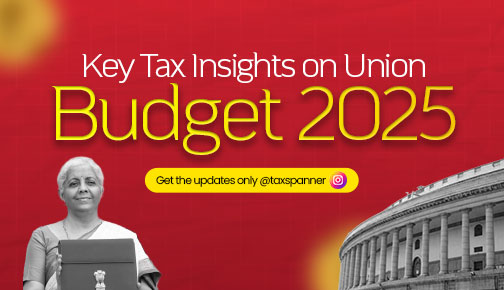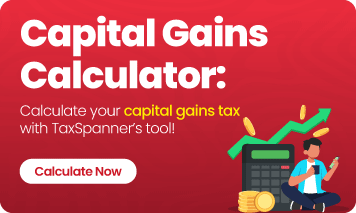Understanding Short-term Capital Gains (STCG) in Budget 2024
Short-term capital gains (STCG) refer to the profits or gains derived from the transfer of short-term capital assets. The Income Tax Act of India has established detailed rules on how STCG is classified, calculated, and taxed. With the changes introduced in Budget 2024, it is more important than ever to stay updated on how these modifications impact your financial planning.
Budget 2024 Update on STCG Taxation
The 2024 Budget has introduced key updates that simplify the holding period classification and adjust tax rates for certain assets:
Unified Holding Periods
Starting FY 24-25, there are now only two holding periods: 12 months and 24 months. Listed securities are classified as short-term if held for 12 months or less, while all other assets are short-term if held for 24 months or less.
Increased Tax Rates for Listed Assets
From 23rd July 2024, the short-term capital gains tax rate for listed equity shares, equity-oriented mutual funds, and units of business trusts will rise from 15% to 20%.
Short-term Classification for Specific Assets
Regardless of holding periods, units of specified mutual funds acquired after 1st April 2023 and unlisted bonds or debentures transferred on or after 23rd July 2024 will always be classified as short-term capital assets, with gains taxed accordingly.
What is Short-term Capital Gains (STCG)?
STCG refers to profits from the transfer of short-term capital assets. These assets are those held for less than 24 months, except for certain securities and funds where the threshold is 12 months. STCG is typically taxed at the taxpayer’s applicable slab rates, but some assets have concessional rates.
Key Changes in STCG Tax Rates
Tax Rates for Different Asset Classes:
Listed Equity Shares and Equity-oriented Mutual Funds:
- Until 22nd July 2024: Taxed at 15%
- From 23rd July 2024: Taxed at 20%
Other Assets (e.g., real estate, land, unlisted shares)
Taxed at applicable slab rates.
Specified Mutual Funds (defined as funds with over 65% assets in debt instruments)
Gains taxed as short-term at slab rates, irrespective of holding periods.
How to Calculate Short-term Capital Gains?
To calculate your short-term capital gains, follow this formula:
STCG = Full Value of Consideration - (Transfer Expenses + Cost of Acquisition + Cost of Improvement)
Here’s a breakdown:
- Full Value of Consideration: Sale price of the asset.
- Transfer Expenses: Costs incurred exclusively for the transfer, such as brokerage fees.
- Cost of Acquisition: The purchase price of the asset.
- Cost of Improvement: Expenses incurred to improve the asset’s value.
Example of STCG Calculation:
Ravi purchased a house in 2024 for Rs. 20,00,000 and sold it in 2025 for Rs. 65,00,000. Let’s calculate:
| Particulars | Amount (Rs.) | |
|---|---|---|
| Full Value of Consideration | 65,00,000 | |
| Less: Transfer Expenses | Nil | |
| Net Sale Consideration | 65,00,000 | |
| Less: Cost of Acquisition | 20,00,000 | |
| Less: Cost of Improvement | Nil | |
| Short-term Capital Gains | 45,00,000 |
Exemptions on Short-term Capital Gains
While STCG is usually taxed, specific exemptions can help reduce your tax liability:
Section 54B
Applicable when gains from selling agricultural land are reinvested in other agricultural land.
Section 54D
Applies to gains from the sale of industrial land or buildings, provided the proceeds are reinvested in similar properties.
Asset-wise Breakdown of STCG Taxation
Shares and Securities:
- Listed shares held for less than 12 months qualify as short-term.
- Gains on unlisted shares are short-term if held for less than 24 months.
Real Estate:
- Properties held for less than 24 months attract STCG, taxed at slab rates.
Mutual Funds:
- Specified mutual funds (acquired after 1st April 2023) are always treated as short-term, regardless of holding periods.
In conclusion, the changes introduced in Budget 2024 significantly impact short-term capital gains taxation. Understanding the revised tax rates, holding periods, and exemptions can help you manage your investments more effectively and minimize tax liabilities. Stay informed and consult with tax experts to optimize your financial strategy.
Explore TaxSpanner's wide range of calculators for your tax planning and calculations!
View Tools & Calculators





